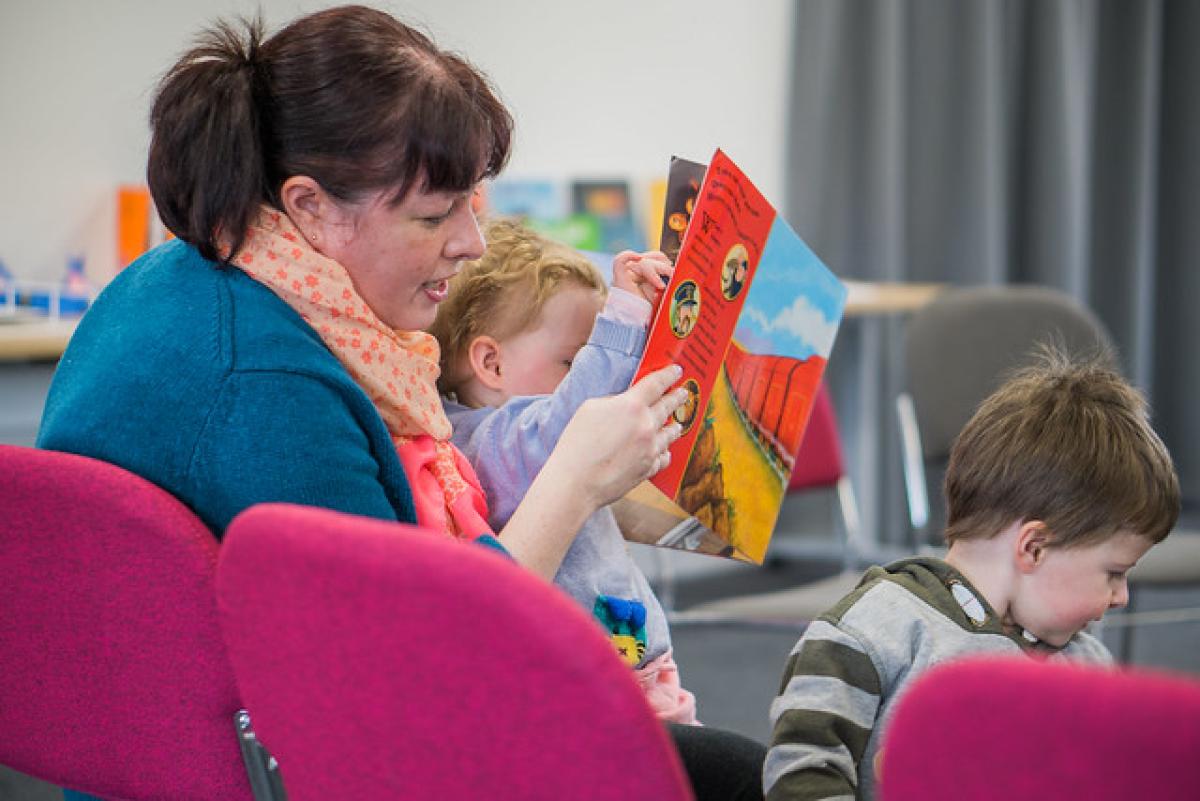Statement on Tim Coates survey on reading in libraries
Libraries Connected believes that reading is and should be at the forefront of library activity and 182,895,337 books were issued in 2017/18. However, reading is not only a solitary activity and libraries have had huge success engaging communities around reading. Reading groups and the Summer Reading Challenge are examples of where community activity and reading are not mutually exclusive, and baby weighing, for example, only takes place in libraries because of baby rhyme times.
We do recognise the need to support libraries role in promoting reading and are exploring opportunities with BBC and the Arts Council to foster more and wider reading. However, there are also distinct and important issues that impact on UK libraries:
- Cuts to local authority funding and the reduction in the number of qualified public librarians has led to fewer people who understand how to develop and promote collections to their fullest potential. We are planning to work with expert groups to support skills development in this and other critical areas.
- We have a different funding system to the US. Much of their funding is decided locally by votes and their private philanthropy is far more developed so it’s difficult to make direct comparisons
- In the US, the major publishers have agreed to make their eBooks available for libraries to buy which is not the case in the UK. Hachette, one of the big five publishers does not allow ANY titles to be bought by libraries while Hachette US does. The net result is that UK public libraries have simply lost customers who prefer to read in digital format because we are unable to offer a comprehensive eBook service.
We should also recognise that many US libraries already offer a wider range of services, similar to those in the UK. Transforming Libraries, Building Communities: The Community-Centered Library was published in 2013 and written by practising public librarians. In in they assert that:
‘Repositioning the library acknowledges that information is in abundance in contemporary life. And while accessing information will always be at the heart of what libraries do, it isn’t the only thing they do. It may not be, in the future, even the most important thing that they do. This book encourages librarians to admit that our role has evolved and to reframe the discussion so that it is about what we actually can do – play an essential role in meeting community needs and building strong and vibrant local communities.’
We know that all libraries have a much wider remit as a resource for community information. However, we also believe that libraries should be in the business of providing a variety of learning and inspirational experiences to their local communities.
The full article on Tim Coates survey can be read here:

